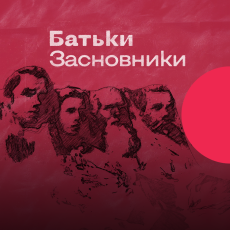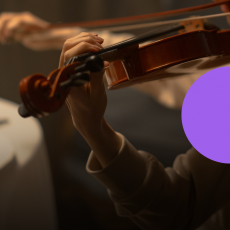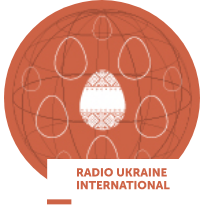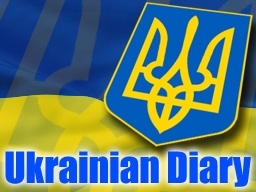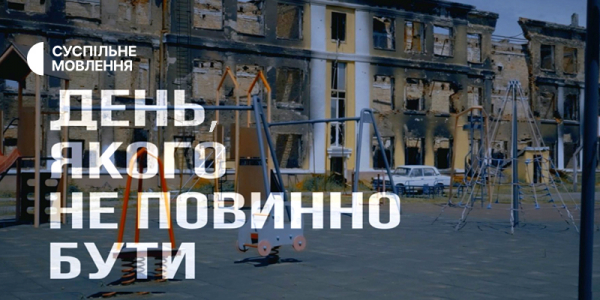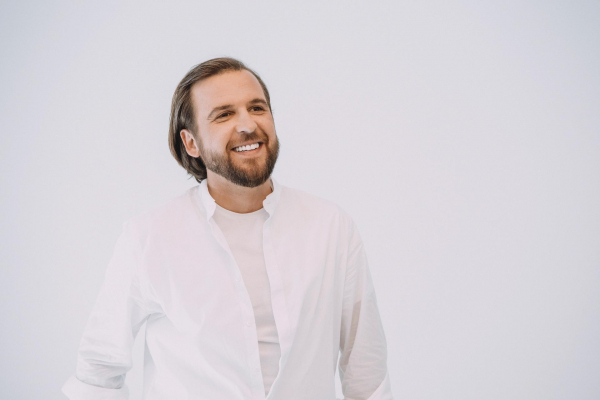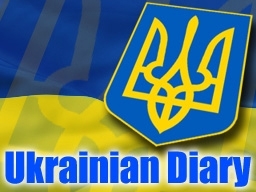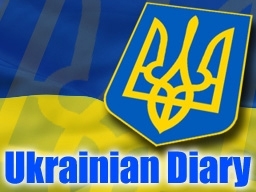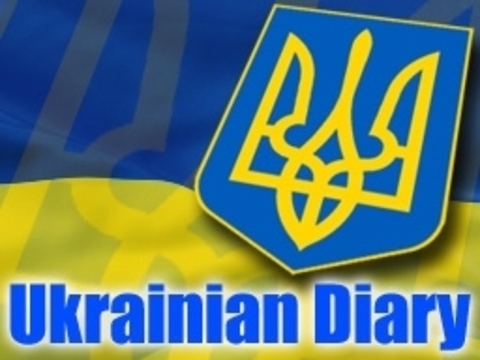Donbas Conflict – Weekly Review
At the beginning of the week the number of shelling at the positions of Ukraine’s army has intensified. The tension rose in the Luhansk sector, which used to be relatively calm. The Donetsk sector traditionally remains a hot spot on the map. The pro-Russian militant kept shelling the Ukrainian positions in Avdiivka and Zaitseve, Maiorsk, and Pisky. The strikes continued also in the Mariupol direction. On Wednesday evening illegal armed groups attacked the Maryinka entry and exit checkpoint in Donbas, eastern Ukraine. The strike came from the militant-controlled village of Oleksandrivka. The militants used small arms. There were no casualties among the servicemen and civilians. Border guards did not fire back.
As far as the fighting in eastern Ukraine doesn’t stop, human rights violations remain a serious problem there. On Tuesday, Fiona Frazer, head of the UN Human Rights Monitoring Mission to Ukraine, has reported on the human rights situation in the Donbas and the number of victims during the conflict. While presenting the 19th UN report on the human rights situation in Ukraine Fiona Frazer said, “Between May 15 and August 16, 2017 the UN monitoring mission recorded 161 civilian casualties, including 26 civilians killed and 135 injured, which was 17% less compared to the previous three-month period. Nevertheless, the daily reality of sudden spikes and drops in armed hostilities, including shelling, continued to pose physical risks and psychological trauma.”
The UN Human Rights Monitoring Mission to Ukraine states the decrease in the number of civilian casualties caused by the Donbas conflict and calls on the parties to adhere to the ceasefire and the Minsk agreements.
Kyiv Hosted 14th Yalta European Strategy Meeitng
A peacekeeping mission in the entire occupied territory of Donbass and on the Ukraine-Russia border should be a key lever to enforce the Minsk peace agreement, Ukrainian President Petro Poroshenko has said. Poroshenko was speaking at the Yalta European Strategy 14th Annual Meeting held in Kyiv on Sep 14 - 15. "We want peace. Therefore, we are very keen to implement our two-year-old initiative regarding the peacekeepers in Donbass. In the entire occupied territory of Donbass, we want control over the Russia-Ukraine border, no influence from the Russian military, Russian weapons or Russian munitions, in order to return peace to Donbass" Poroshenko said while delivering his speech. The President stressed that the peacekeepers are the key component of the strategy to return the occupied territory of Donbass back under Ukraine’s control. He also reminded that Ukraine’s goal is full membership of the European Union and North Atlantic Trade Organisation. “Our historic place is in the united European family and the transatlantic western alliance. Our vocation is to become the eastern border of the European civilisation. We are heading towards Ukraine’s full membership in the EU and NATO”, said the Ukrainian President.
If a peacekeeping contingent is deployed to Donbass, it must secure control over Ukraine's external border, former US Secretary of State, John Kerry, has said at the 14th Yalta European Strategy Annual Meeting. Kerry added that he found the pace of the Minsk process very frustrating. “In my meetings with Putin in Moscow we outlined several times ways we thought that Minsk [process] could have advanced significantly faster and more effectively. And then weeks would go by and there was no meeting,” he noted. However, Kerry said that the USA would continue to provide active assistance to Ukraine amid Russian aggression.
The 14th annual meeting of the Yalta European Strategy (YES) has gathered more than 350 leading politicians, diplomats, businessmen, civic activists and experts from 34 countries. According to YES executive director Svitlana Kovalchuk, the program included lots ofplenary sessions and special sections, “The main topics of the forum were such global issues as a shift in the geopolitical distribution of forces and changes in the global economy. Particular attention is paid to the new U.S. administration’s policy, problems of cyber security, populism, and energy security. The participants discussed the transformations that Ukraine is undergoing and challenges confronting this country. A separate panel discussion focused on Ukrainian reforms and the perception of Ukraine in EU countries.”
World Community Condemned Sentence to Crimean Tartar Leader Akhtem Chyihoz
The Russian Federation must “immediately and unconditionally release the prisoner of conscience Akhtem Chyihoz”, as stated by an international human rights organization Amnesty International Ukraine on Tuesday. “Russian occupational authorities are again organizing repressions in Crimea, putting the man behind bars, who, according to witnesses and videotape, tried to calm down the crowd in order to prevent violence,” said Oksana Pokalchuk, director of Amnesty International Ukraine.
On Monday, the Simferopol Supreme Court assembled by the Crimean occupational authorities sentenced the deputy chairman of the Mejlis of the Crimean Tatar people Akhtem Chyihoz to 8 years in a prison colony. The court ruled on the ground that he was one of the organizers of the rally in support of Ukraine’s integrity near the parliament of the Autonomous Republic of Crimea on February 26, 2014. Refat Chubarov, head of the Mejlis of the Crimean Tatar people, said the defense of Akhtem Chyihoz will appeal against the verdict delivered by the Crimean court which is under the control of the occupational authorities. He also said that the Ukrainian authorities will seek the extradition of Akhtem Chyihoz, “Within 14 months, the occupational authorities had insisted that he was a Russian citizen, according to their obscure laws, adopted after the illegal annexation of the Crimean peninsula. Akhtem Chyihoz protested and made several public statements, and they referred to international judicial institutions, and he was eventually defined as a citizen of Ukraine by the verdict. This gives us the opportunity to talk about his extradition.”
According to him, the illegal actions against Akhtem Chyihoz in the annexed Crimea will then allow the European Court of Human Rights to cancel this decision. At the same time, he pointed out that Russia has systematically avoided the compliance with the decisions of this court and called on Ukraine’s President Petro Poroshenko to raise this matter during his speech at the UN General Assembly session, which kicks off on Tuesday. Yevheniya Andriyuk, deputy coordinator of the public initiative Crimea SOS, says the defense will seek for international support to release Chyihoz, “The defense plans to appeal the decision in Russian institutions first and then in the European Court of Human Rights. The European Court has an expedited procedure whereby the court can decide to release Chyihoz, if there was an illegal imprisonment. In addition to international courts, we have other mechanisms left like diplomatic pressure. And I am sure that there will be a statement from a number of diplomatic stations of other countries. And, unfortunately, the traditional methods like sanctions, protests, condemning resolutions from international organizations are probably the only available mechanism at the moment.” The EU has already condemned the verdict.
Lviv Hosts Ukraine’s Largest Book Fair
The sphere of publishing has seen an increased development in Ukraine. The number of new publishing houses is growing, according to the representatives of Ukrainian book market. The reason for that is partly in the decrease of Russian books import to Ukraine, said poet and publisher of a major Ukrainian publishing house Ivan Malkovych on the eve of the 24th International Book Fair opening in Lviv. «Since the Russian product’s expansion has decreased in our publishing market 2-3 years ago, Ukrainian publishers have managed to save some funds and redirect them to publishing rights». Ivan Malkovych, founder and director of ABABAHALAMAHA, said, “We’ve observed significant development of Ukrainian publishing. Partly due to the fact that fewer books are now being imported. We’ve seen a lot of new books and publishing houses. These publishers are young, their approach to publishing is interesting and attractive. Now the Ukrainian book fair looks a lot like the ones held on the European and global level.”
The biggest book fair and literary forum in Ukraine (and a major one in Eastern Europe) has opened September 13th in Lviv in Western Ukraine. In the 5 days of the fair, over a thousand cultural and educational events are presented to the public. The principal goal of this years’ Lviv Book Fair is creating a platform for communication between readers, authors and publishers. Among the participants are famous writers, translators and critics from 25 countries. Oleksandra Koval, organizer of Lviv Book Fair, commented, “We are building up our program on debate platforms within 14 thematic directions this year. Practically all the active publishers in Ukraine are represented at the fair: their number is reaching 200 now.”
According to Oleksandr Afonin, president of Ukrainian Association of Publishers and Book Salesmen, the quantity of translated literature has increased massively - up to 80% compared to 2015. Among Ukrainians childhood reading and fiction are still in favor. At the same time, non-fiction reading based on real-life events has appeared as a new niche in the Ukrainian market.
